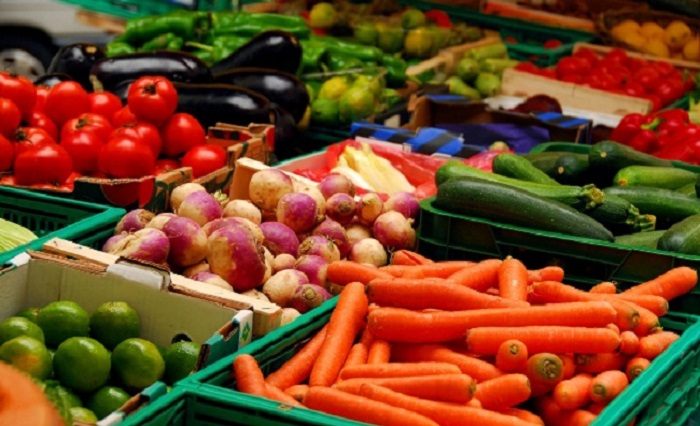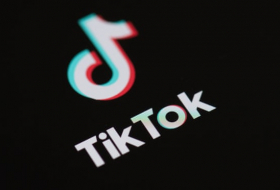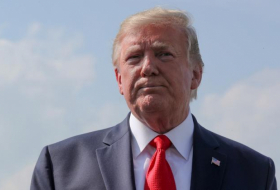"The import of the part of the products has already been allowed. The other part is banned by us and by the government of Russia… There will be no mass opening of access for the Turkish companies to the Russian market," Dankvert said in an interview with Izvestia newspaper.
He highlighted that some of the banned products were still reaching Russian market through third countries, like Mali or Uganda.
In the beginning of 2016, Russia imposed a number of restrictive measures, including a ban on food and flower imports, on Turkey in response to the downing of a Russian military aircraft by a Turkish fighter jet in Syria on November 24, 2015. In June 2016, following Turkey`s apology for the incident, the sides began a reconciliation process, with Russia gradually lifting the economic restrictions.
On October 10, 2016, Russian President Vladimir Putin announced the removal of embargo on Turkish fresh and dried oranges, tangerines, peaches, nectarines, plums and sloes. The imports of tomatoes, apples, strawberries, zucchinis, pumpkins and most poultry products are still banned.
More about:
















































